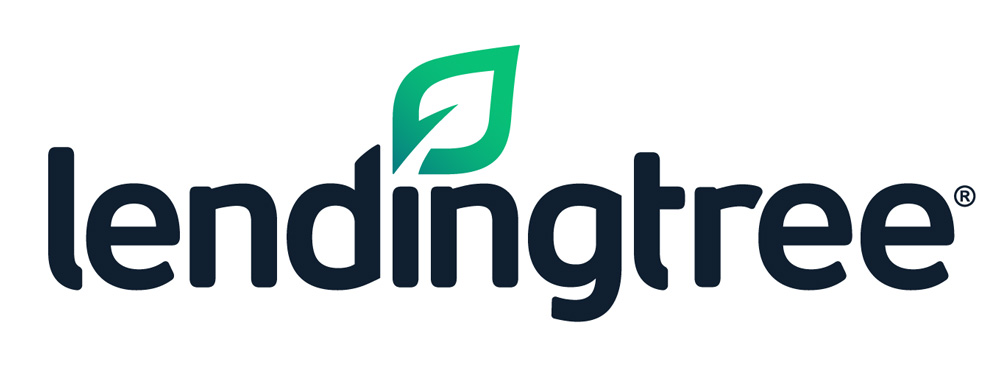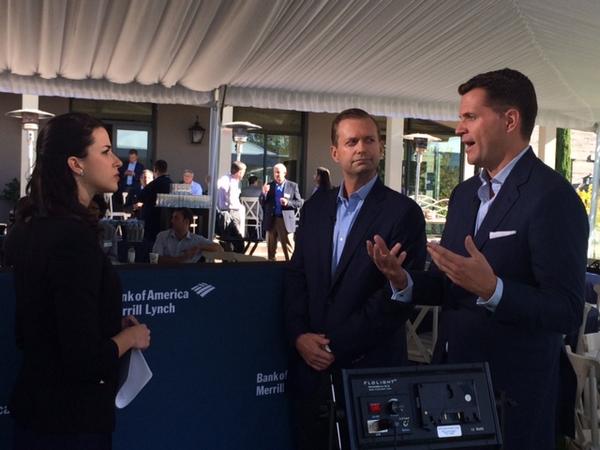It’s not often that you get to meet a C-Suite exec from one of the largest financial technology companies in the nation, but this week, attendees at the DIG SOUTH Tech Summit will have that one-in-a-lifetime opportunity. J.D. Moriarty is the CFO at Lending Tree, one of the first and largest online lending platforms. In the two years since joining their team, J.D. has helped oversee six major corporate acquisitions and helped the company on its path to double employment at its Charlotte headquarters.
Prior to LendingTree, J.D. spent over 22 years at Merrill Lynch and Bank of America, most recently as the Head of Americas Equity Capital Markets. He has extensive expertise in equity markets, investment banking, and mergers & acquisitions, and we cannot wait to get his take on “The State of M&A in the South” during his exclusive Fireside Chat. In our Speaker Q&A below, get an inside look at the industry trends he expects to see in the next 5-10 years, three things every business should know about equity capital, and why you should attend his talk if you’re curious about acquisitions!

Give us a glimpse into your role as the CFO at LendingTree. What does a typical week entail?
It may be a bit of a cliche, but there is not really a typical week. That is what makes it challenging, but also what makes it fun and interesting. We have basically doubled our revenue in the last two years, and have done so both through organic growth and multiple acquisitions.
As a result, I have weeks where the majority of my time is on M&A, weeks that are focused on dialogue with our investors, and then weeks where I am largely internal, focusing on the organizational challenges that come with that level of growth. We are learning a lot as we set up the business to scale, and it is incredibly gratifying when you see the impact of that investment.

You spent over 20 years in leadership roles in Equity Capital Markets at Bank of America Merrill Lynch. What’s been the biggest change in the equity and investment landscape since you first entered the industry?
The biggest change in the equity and investments business over the last two decades is the role of technology, and how it has changed the many of the roles that people play in the process. I started in 1994 in equity trading, and technology has completely changed that business. Far fewer people are able to demonstrate value-add in that business. It is really that simple.
Same is true of investment management, and that is why you see the whole movement to passive investing. In 2001, I moved into Equity Capital Markets, which is the business where you take companies public and raise equity capital for existing public companies. That business has become more technology enabled, but has generally been more resistant to dramatic change. Part of that is simply the client base. I used to say that the best thing about that business is that most of our clients only go public once. As a result, it retains a genuine advisory and consultative aspect. Most of the management teams genuinely want advice in that business, and that is what made it fun.
Where do you think the industry is headed next? Any trends or changes you expect in the next 5-10 years?
Changes in the investment business? For sure. Change is what people there have learned to deal with. That is generally a good thing, even if it is not always a good thing for the jobs that they have grown comfortable with. The disruption makes the markets more efficient, and when that happens, there is more good than bad. As someone smart once said, “When banks compete, you win….”
You’ve advised countless growth companies on all aspects of equity issuance. If you could only share one piece of advice with a business exploring equity capital, what would it be?
Can I pick three?
- The IPO is not the goal. It is a great accomplishment, but not the end by any means. It is just the beginning.
- As to the process, do not believe the highest number that someone promises you; select an advisor or two you trust and actually listen to them
- Last, do not let your ego drive it. Consider all of the stakeholders, and do so with a long term orientation.

You recently relocated to Charlotte, NC after over two decades in New York. What makes the Queen City an attractive hub for the financial industry?
Well, my first observation is that apparently the warm weather is also cheaper, which works for me. But seriously, Charlotte is a really welcoming city, and I think that is partially because there are so many people in Charlotte who came from other cities. It is great for families, and also has all the cultural resources you could need. I have been incredibly impressed with the pro-business orientation of the city.
Your DIG SOUTH Tech Summit talk will focus on the state of M&A in the South. Why is our region a great place to start, scale and invest in business?
Growth companies need to attract talent, and the demographic trends in the Southeast are a clear advantage. People want to live in the South and there are great universities feeding this ecosystem. These are two pretty key ingredients to make it all work. When we acquire a company, one thing we think about is our ability to retain and add to the team. That is increasingly viable in the Southeast.
What’s one takeaway you hope folks learn during your fireside chat?
I hope we have a good discussion around the good and the bad of acquisitions. Acquisitions work best when the parties are aligned in terms of goals. Clear communication leads to a clear path to success.
At LendingTree, we have acquired companies where the people are critical and we structure the deal to retain the founders and principals. But we have also done deals where we knew early on that those founders either did not want to see it through, or were simply not a good fit with our culture or game plan for the business. So we made that clear early, and structured a deal where they moved on. Doug uses the expression “entrepreneur without the headaches” to describe what we aim to provide target company founders. We generally hope to provide the founders with access to our platform so that they can take their business to the next level.

What are you looking forward to most about your visit to DIG SOUTH and Charleston?
I always love spending time in Charleston. What’s not to like? But in addition to meeting growth companies and entrepreneurs, I am psyched to spend time with our SnapCap founder and small business team, which is based in Charleston. They are moving into an expanded office and we are thrilled to be growing in Charleston. LendingTree wants to be the preferred growth employer in this great Southeastern corridor. I’m grateful to be included in the conference.
Want to learn more about equity capital, lending, and mergers & acquisitions from one of the most brilliant minds in the industry? Purchase your DIG SOUTH Tech Summit badge and join us for J.D. Moriarty’s Fireside Chat this Thursday, April 25th!
